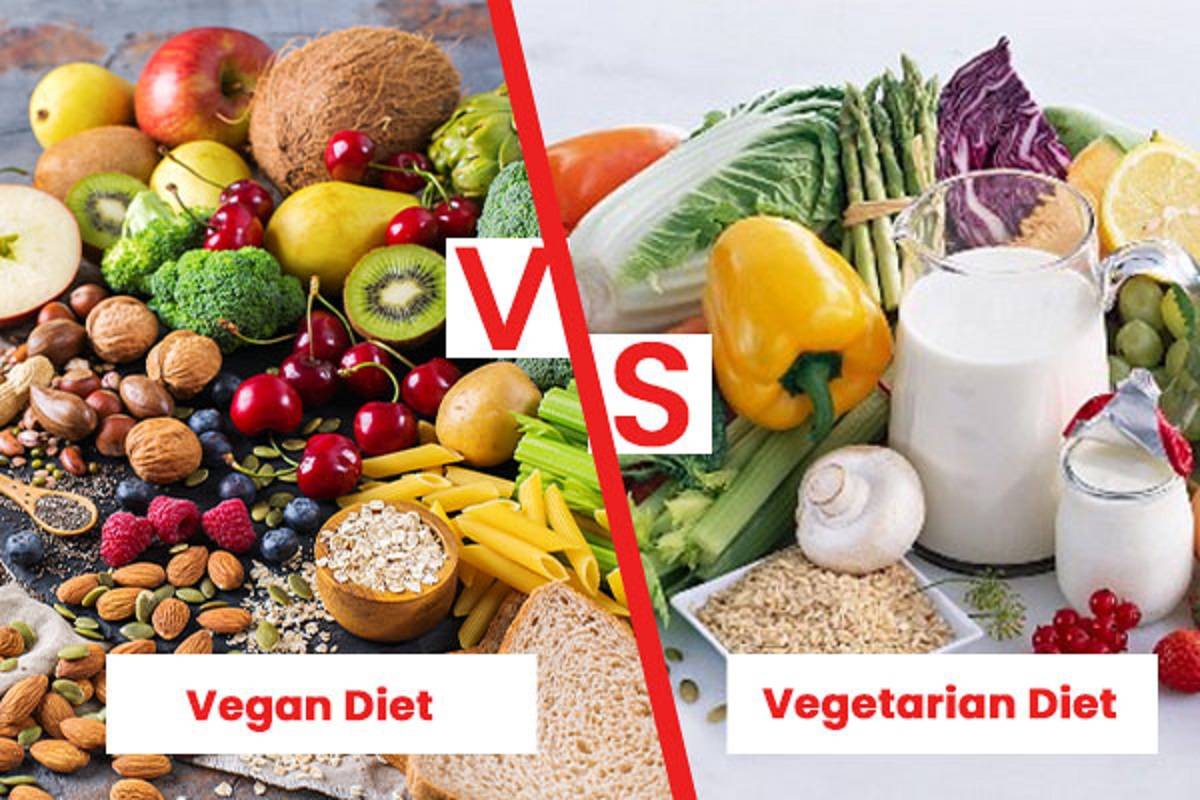
Is a vegan diet the same as a plant-based diet? There are several important distinctions between the two meal plans: Vegan diets forgo all animal products, whereas plant-based diets emphasize consuming mostly plants, such as fruits, vegetables, nuts, seeds, and whole grains, without necessarily forgoing animal items.
A plant-based diet mostly consists of plants. All animal products are completely excluded from a vegan diet.
The word "vegan" was created in 1944 by Donald Watson to designate a person who completely avoids all animal products for moral grounds. So, a "vegan diet" excluded any items originating from animals entirely and all the time. The term "vegan diet" is now frequently used to denote a diet that eliminates animal products, independent of purpose, since more and more individuals have started to adopt the vegan way of eating for reasons other than animal welfare (such as health and the environment).
So, What Exactly is the Difference?
Plant-Based Food
The term "plant-based diet" is quite literal, meaning that the diet is based on plants, and is inspired by health advantages. An entirely vegan diet or one that leans heavily toward veganism are both examples of a plant-based diet (with a few animal products in between).
A plant-based diet can be adopted for a few weeks, months, years, or the rest of one's life. You can have heard of famous people, like Beyoncé, who adopted a plant-based diet for health reasons or to get in shape before a performance.
It has no requirements other than to eat plant-based, so as you can probably imagine, it's not quite as stringent as veganism!
Becoming plant-based will thus work for you if you want to gain the health benefits of veganism and would want the option of modifying your diet.
Vegan Food
In essence, veganism is a stricter variation of vegetarianism. Vegetarians abstain from meat, but vegans go one step further and abstain from any products derived from (or derived from) animals, such as dairy, eggs, and honey. The majority of vegans live an ethical and environmentally conscious lifestyle. For instance, they want to lessen their influence on the environment or they think that animals should not be treated as food but as equals.
Vegans avoid all animal products in their diet as well as in their daily lives. Only cruelty-free cosmetics and cleaning goods, as well as animal-free apparel and furnishings, will be found in a vegan's home.
Last but not least, adopting a vegan lifestyle need not be healthy. You can simply eat solely fatty things like french fries, plant-based meat, dairy alternatives, and vegan snacks while maintaining a vegan diet (also known as a junk food vegan). Hence, veganism will be ideal for you if you want to live morally upright and with greater compassion.
Health Advantages
Being vegan and eating a plant-based diet both have many comparable health advantages:
-
Loss of weight
-
You're more likely to consume the recommended five servings of fruits and vegetables each day.
-
It could lower the risk of some malignancies.
-
It could lower the chance of contracting some illnesses, like heart disease.
-
less cholesterol and saturated fat
-
Plants contain a lot of nutrients.
-
Enhances the immune system











